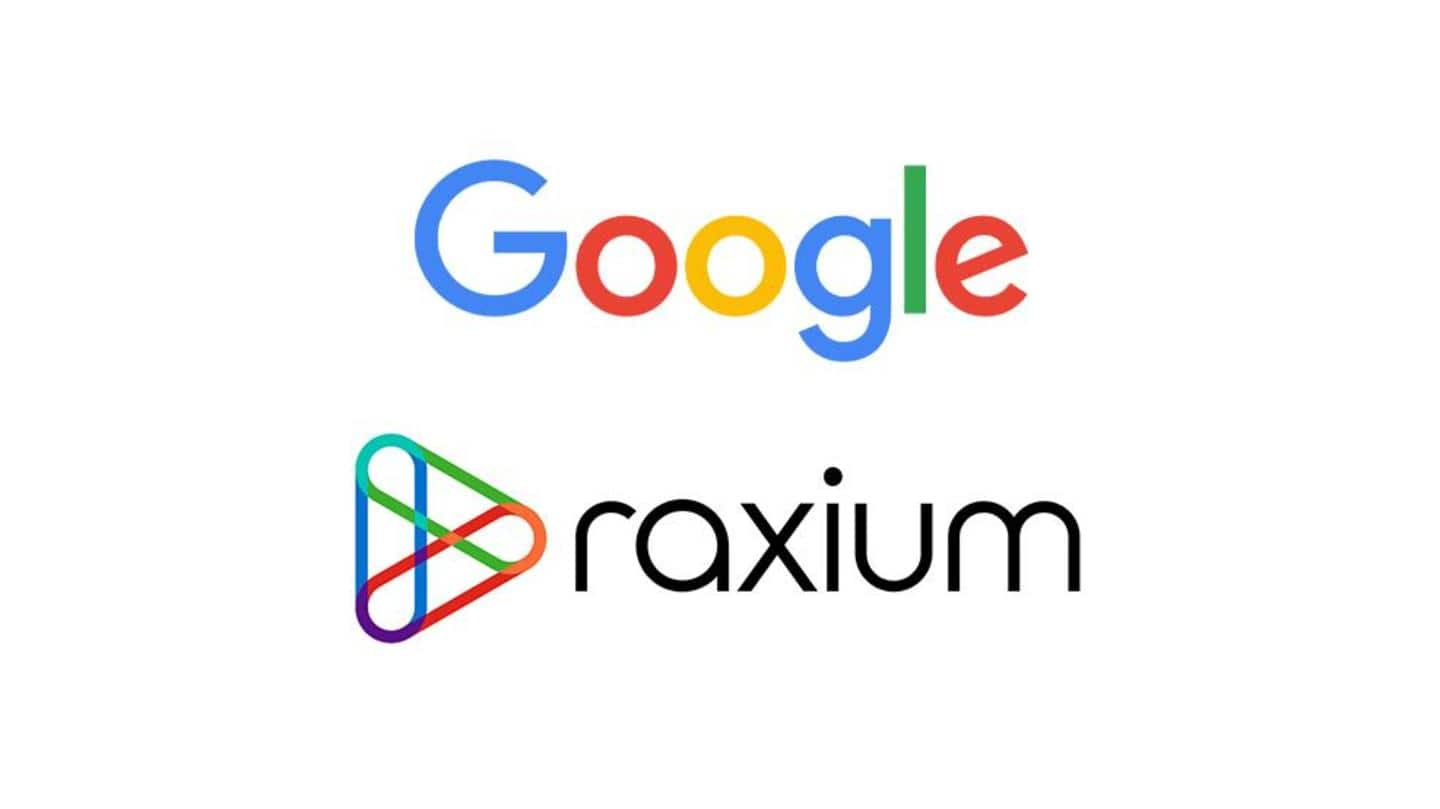
Google acquires microLED start-up Raxium to boost its AR ambitions
What's the story
Google has acquired Raxium, a five-year-old start-up that develops cost-effective and energy-efficient microLED displays. The move was announced by Rick Osterloh, the company's hardware chief.
The acquisition of Raxium is seen as a key step in Google's pursuit of creating a new generation of augmented, virtual, and mixed reality headsets.
Raxium will join Google's Devices and Services team.
Context
Why does this story matter?
As the metaverse hype train garners speed and looks unstoppable, tech giants are trying their best to board the train before it's late. Google's acquisition of Raxium is evidence that the company wants to own physical components to make devices such as AR headsets.
The fact that Google has been working on headsets with limited success may also have played a part.
About the firm
Raxium is working on monolithic integration of microLED
Raxium is a California-based tech start-up that works on single panel microLED display technology. MicroLED can be used to create energy-efficient AR displays without losing any color.
The company is also working on monolithic integration for microLED that will help them use silicon used in processors to build AR displays. This will, in turn, considerably bring down the cost of AR displays.
AR journey
Google's big AR move is seemingly growing closer
The acquisition of Raxium is a sign that Google's big AR move is on the horizon. In 2020, the tech giant bought glass maker North.
We later learned that it is hiring engineers to build an AR operating system.
The company is also building an AR headset dubbed "Project Iris" under the same administration as the Project Starline.
Quotes
'Raxium's team will help build helpful devices and services'
"We're thrilled to have the team at Raxium on board to help further our goal of building helpful devices and services to improve people's daily lives," said Rick Osterloh, Senior VP of Devices and Services at Google.
"Raxium's technical expertise in this area will play a key role as we continue to invest in our hardware efforts."
Information